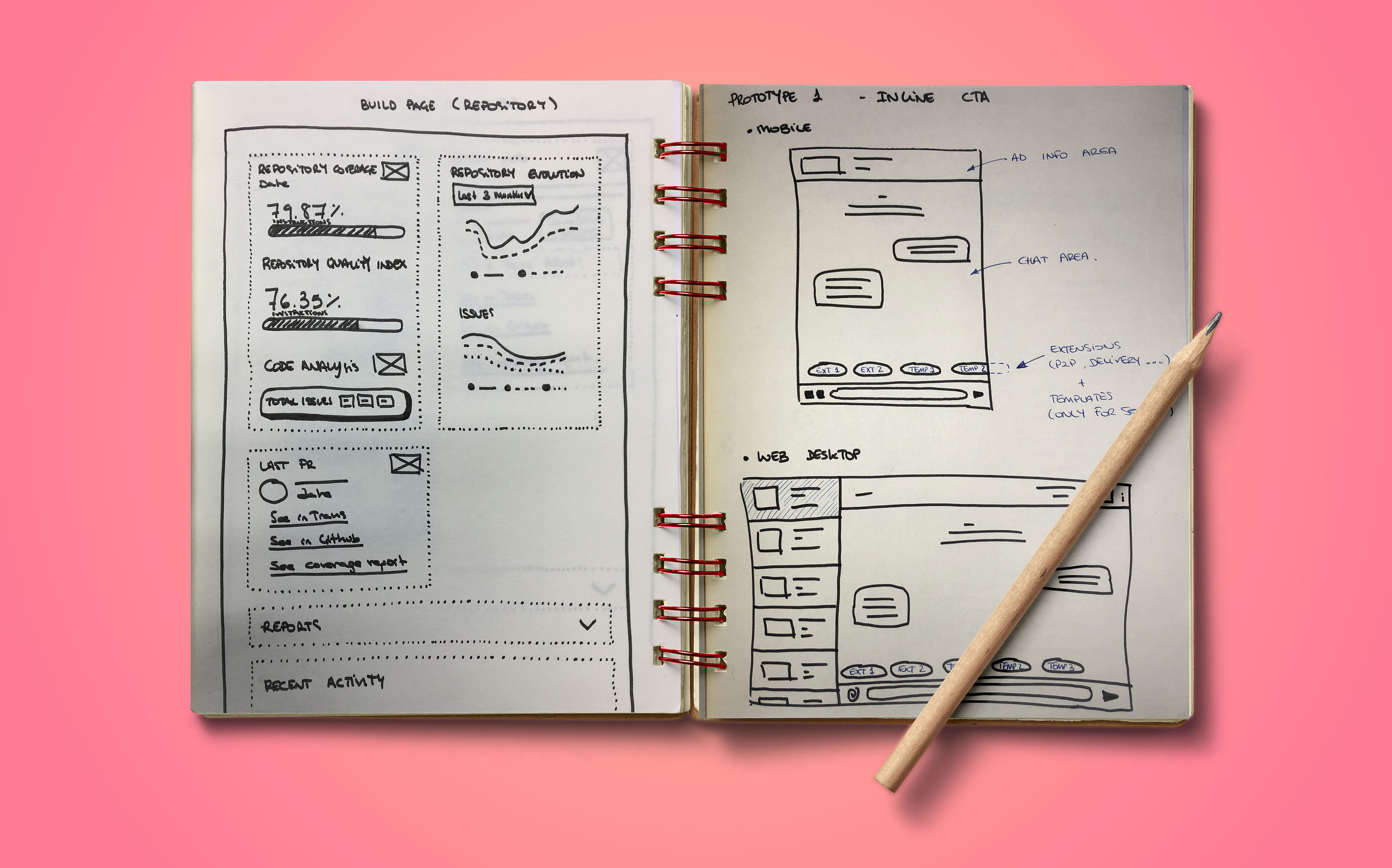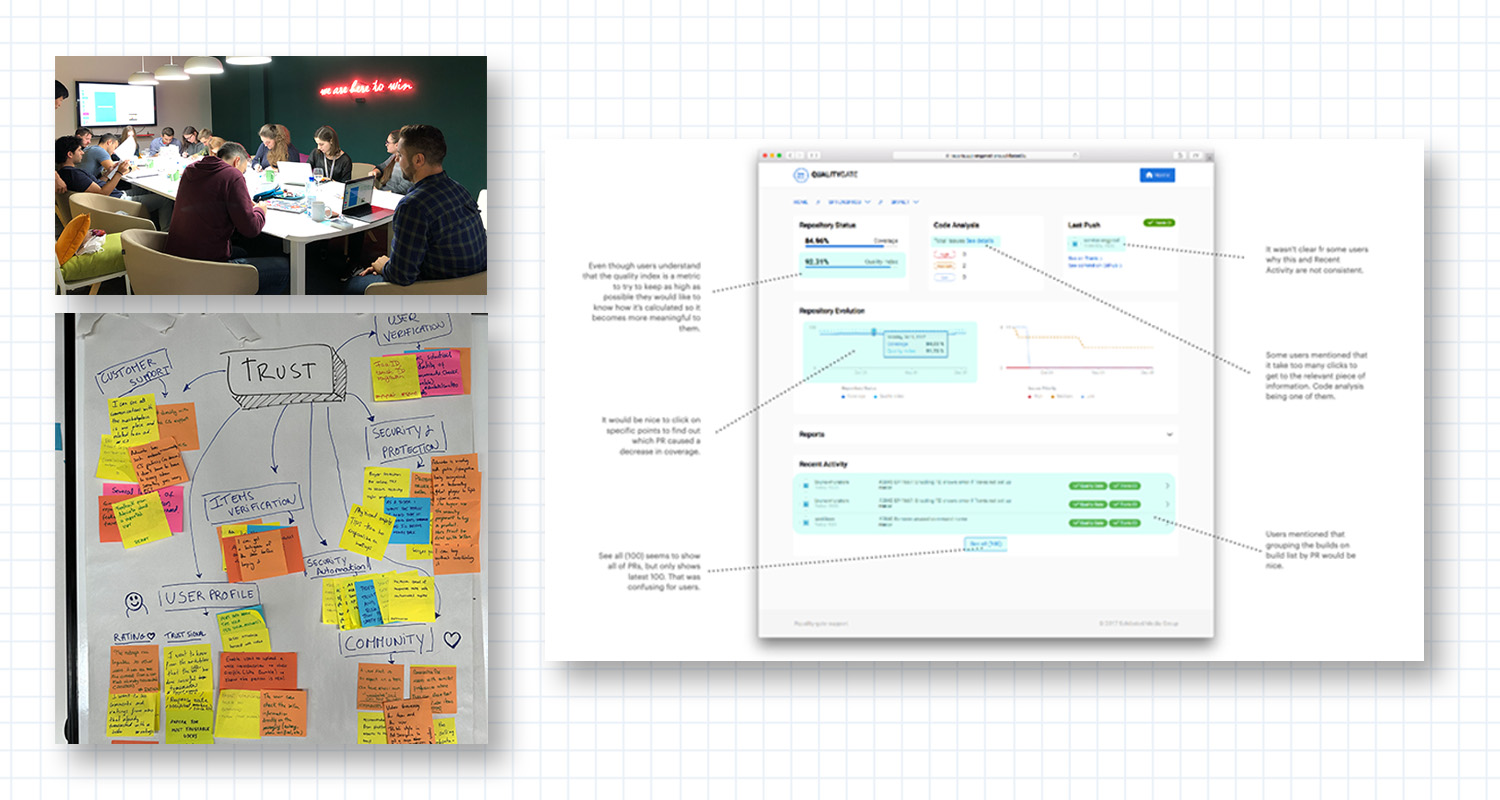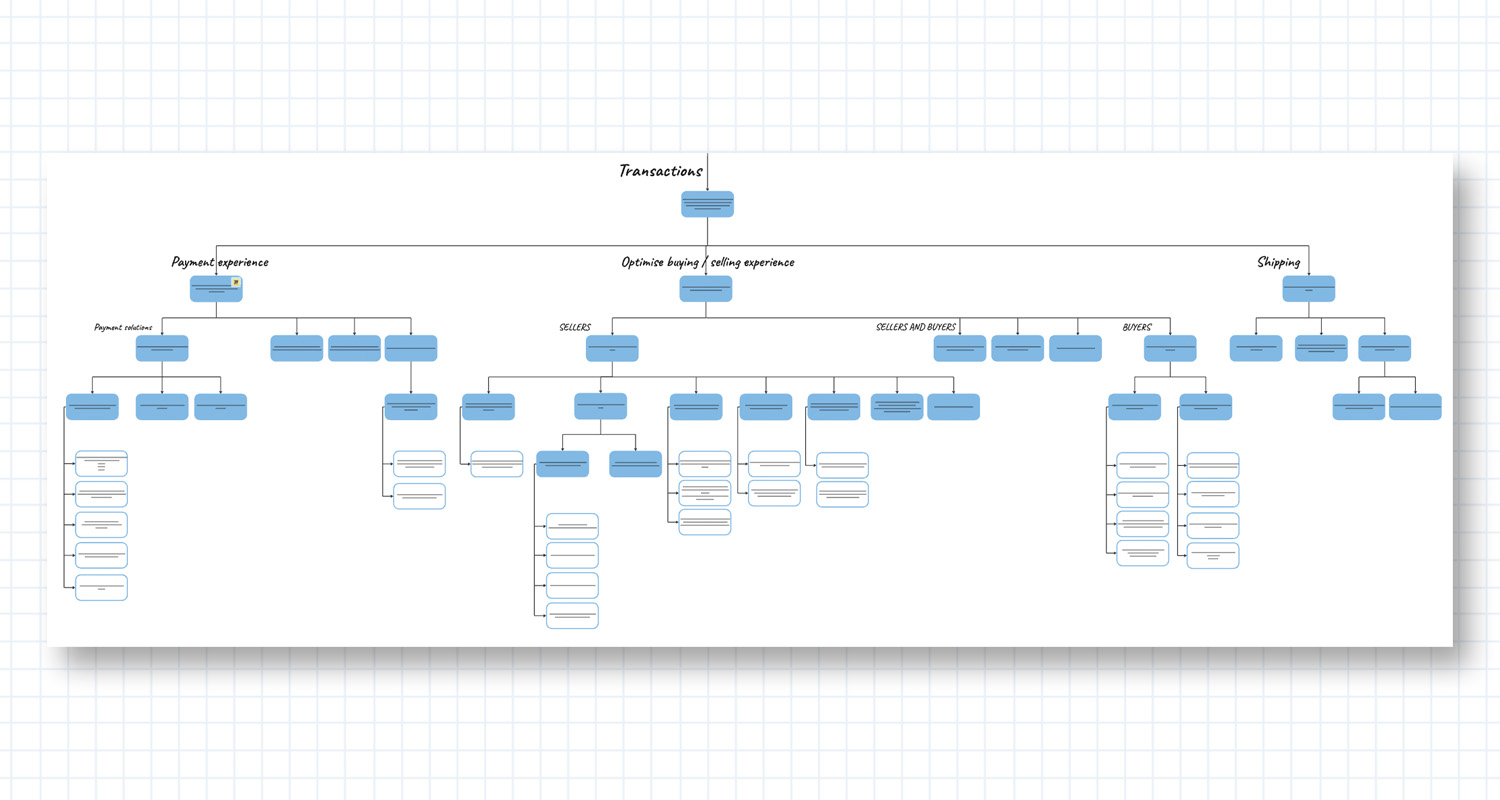Collaborative workshops
🤖 This summary has been created with AI
Workshops are one of my favourite ways to get teams aligned around user problems and spark creative solutions. They help bring diverse perspectives together, making sure the user’s voice is always at the centre of the conversation.
- Ran workshops to turn research into actionable concepts
- Fostered collaboration across product, design, data, and engineering
- Ensured user needs and priorities shaped the action plans
Workshops are one of my favourite ways to bring people together around user problems. Whether it's a discovery session, brainstorming, ideation, or experiment design, these workshops have consistently helped align teams around shared goals, spark strong ideas, and encourage open discussions about the pros and cons of different solutions. Diverge to converge! I love the energy that comes from collaborative sessions with product owners, stakeholders, designers, data analysts, and engineers. Each participant brings a unique perspective that contributes to well-rounded, effective outcomes.
My workshops always begin with research findings and clearly defined user problem spaces. These insights provide the context everyone needs to shape action plans—whether we're exploring new features, optimising existing flows, or iterating on current solutions. Most importantly, these sessions ensure the voice of the user remains at the heart of the discussion.
I’ve both facilitated and participated in workshops where research is translated into actionable concepts, user needs are prioritised, and the foundation for design exploration is established. Structured workshops also foster inclusion and creativity, and I truly believe they are essential to building strong, collaborative teams.



